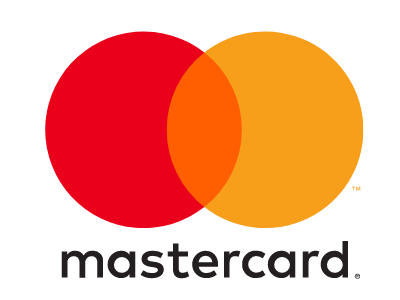What is CFD trading?

CFD trading meaning: What is a contract for difference?
A contract for difference (CFD) is a popular type of derivative that allows you to trade on margin, providing you with greater exposure to the financial markets. CFDs are a type of derivative, meaning you do not buy the underlying asset itself. Instead, you buy or sell units for a given financial instrument depending on whether you think the underlying price will rise or fall. The broker enters the market with the full amount of funds providing leverage for clients. A CFD is a contract between a broker and a trader who agree to exchange the difference in value of an underlying security between the beginning and the end of the contract.
CFDs and futures are both derivatives, so what is the difference?
A futures contract (or simply ‘futures’) and a contract for difference are both derivative products. When you purchase a CFD, you are buying a set number of contacts on a market if you are expecting that market to appreciate and selling a set number if you expect the market to fall. The change in the value of the position you take is reflected in the movements of the underlying market. With CFD trading, you can close your position at any time when the market is open. Futures, on the other hand, are contracts that mean you are agreeing to buy a financial instrument at a set point in the future at a predetermined price. Unlike CFD trading, you have a set date and price for this transaction, which means closing your position could be costly. The value of a futures contract depends on both the current movements in the underlying market and the market sentiment about the future price of an asset.
How can you trade with a CFD?
When CFD trading, you can open positions on a variety of different asset classes including shares, indices, currencies, commodities and cryptocurrencies – all within one single platform. A trader can enter the stock market without having to deal directly with share purchases, providing greater liquidity and easier execution. This has the added benefit of being able to profit in a falling market by short selling. Trading CFDs is one of the very few ways to gain access to the indices market. CFDs on indices mirror the composition of a certain index. The FX market is suited to CFDs and leveraged trading due to the relatively small price movements that occur in these markets. Remember to employ risk management techniques when trading at all times and be even more cautious of assets that have a history of being highly volatile like cryptocurrencies
Why trade CFDs with act-financial.pro?
- Trading on margin: Providing trading on margin (up to 1:100 leverage), act-financial.pro gives you access to financial markets with the help of CFDs.
- Trading the difference: When trading CFDs, you don’t buy the underlying asset itself, meaning you are not tied to it. You only speculate on the rise or fall of the asset price. When CFD trading you employ the same strategies as you would in traditional markets, with the exception that you can short-sell with CFDs. A CFD investor can go short or long, set stop and limit losses and apply trading scenarios that align with their objectives.
- act-financial.pro puts a special emphasis on safety. Licensed by the AFM, it complies with all regulations and ensures that its clients’ data security comes first. The company allows to withdraw money 24/7 and keeps traders’ funds across segregated bank accounts.











